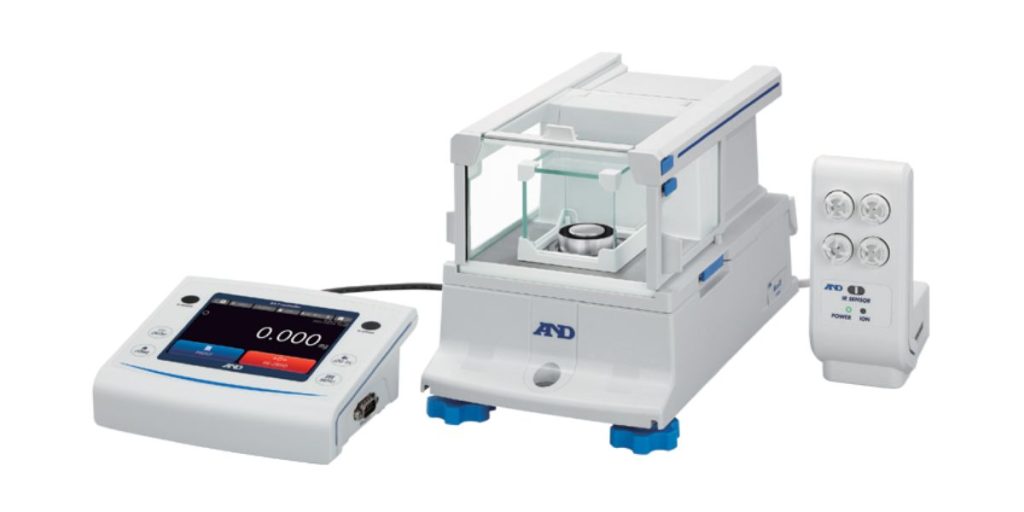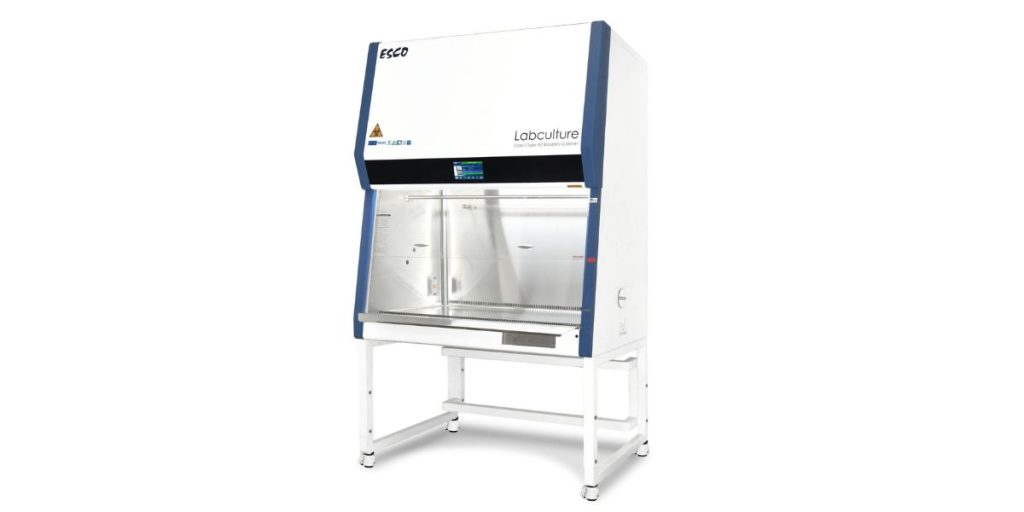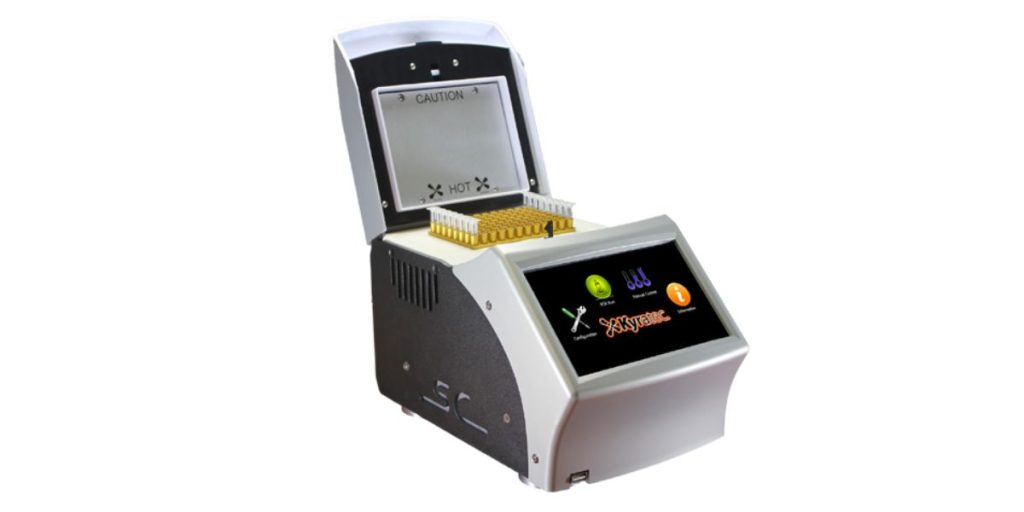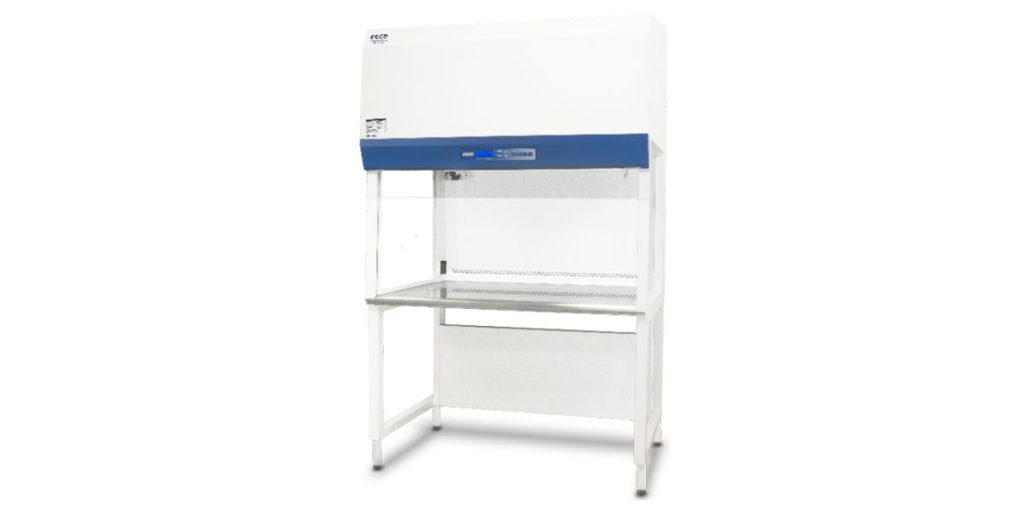Laboratories play an important role in powering ground-breaking research. Whether it’s a biology lab, pathology lab, or even a quantum mechanics lab, each offers specialised tools and the necessary space for precise measurements, data collection, and experimentation.
Labs help to translate scientific discoveries into practical industry applications, but to do so, they need high-quality lab equipment that has been properly maintained. It’s no secret that this isn’t cheap, therefore, proper lab maintenance is essential to ensure its longevity and optimal performance.
In this article, we’ll cover all the important aspects of lab equipment maintenance, essential practices, and general lab maintenance tips.
Why regular laboratory maintenance is important
Regular maintenance of lab equipment is important to ensure its ongoing effectiveness, reliability, and safety, more specifically, lab maintenance:
Ensures the precision and accuracy of your equipment
A&D Weighing’s Borealis BA Series Microbalances requires maintenance to ensure high accuracy results
Instruments must provide correct and consistent measurements, and calibration procedures need to correct deviations to ensure accuracy. Maintenance tasks support reliable data collection, and they ensure adherence to industry standards and regulations. Routine calibration also helps to identify and correct errors before they impact research outcomes.
An example of laboratory equipment where accuracy and precision are paramount is analytical balance. These are regularly used in pharmaceutical labs. Regular maintenance and calibration of this balance is crucial to ensure accurate measurements of drug compounds. If the balance is not properly calibrated, it could produce incorrect weight readings, leading to potential formulation errors and compromised drug efficacy.
Contributes to lab safety
Esco Lifesciences Labculture G4 – Class II Biological Safety Cabinet requires maintenance to ensure a safe working environment.
Safety is an important consideration for laboratory spaces. Equipment maintenance helps to ensure safety standards, prevent accidents, and manage hazardous situations. Regular inspections are required to test equipment functionality, and safety training is required to maintain a safe working environment. If the lab is involved with chemicals, proper handling and disposal are critical to prevent exposure and avoid environmental contamination.
An example of how proper maintenance is necessary for safety purposes includes biosafety cabinets used in microbiology labs. Regular maintenance is necessary to ensure it operates correctly and provides the necessary containment for handling hazardous biological materials. If the cabinet’s airflow or HEPA filters are not properly maintained, there is a risk of cross-contamination or exposure to dangerous pathogens.
Helps maintain cost-effectiveness
Kyratec’s SuperCycler™ Trinity requires regular maintenance to ensure cost-effective PCR workflows.
General laboratory maintenance is a key factor in achieving cost efficiency. By reducing downtime and repair costs, labs can ensure smoother operations and avoid expensive repairs. Extending the lifespan of lab equipment delays costly replacements and improves resource utilisation. Regular maintenance also helps to optimise performance, ensuring that instruments continue to meet accuracy and reliability standards over time.
Consider PCR (Polymerase Chain Reaction) equipment in a molecular biology lab. Regular maintenance of this equipment is crucial for ensuring its optimal performance. This includes calibrating temperature controls, cleaning the thermal cycler block, and inspecting the seals. Neglecting these maintenance tasks can lead to inaccurate temperature cycling and suboptimal PCR results. Each failed run can cause significant costs for reagents and time, and may also require expensive troubleshooting or repair services.
Ensures your lab is compliant with the Australian Standards
Laminar flow cabinets like the Esco Lifesciences Airstream® require maintenance to meet AS/NZS 2243.3:2010 standards.
Every laboratory space needs to meet regulations and ensure compliance. The Australian Standards help laboratories to operate safely, produce reliable results, and maintain necessary certifications. Along with operational issues, non-compliance can lead to legal issues, fines, and disruptions. Regular maintenance and proper documentation support compliance with professional standards. Regulations depend on materials and risks, with stringent compliance demands existing for biosafety labs and similar applications.
Laminar flow hoods are used in a laboratory for conducting sensitive experiments or preparing sterile solutions. To ensure compliance with safety regulations and maintain a contaminant-free environment, the laminar flow hood must be regularly inspected by AS/NZS 2243.3:2010 – Safety in Laboratories – Part 3: Microbiological Safety. This includes checking airflow patterns, replacing HEPA filters as needed, and ensuring that the UV lights are functioning properly. Adhering to these guidelines helps ensure that the laminar flow hood operates effectively, providing the necessary protection to researchers against contamination.
Areas of general laboratory maintenance
Effective laboratory maintenance involves several key areas. Together, these practices support a safe, efficient, and compliant laboratory operation.
Equipment calibration and servicing
Maintaining and calibrating laboratory equipment is important for laboratory experiments. It’s important to establish and adhere to a regular calibration schedule, and to maintain detailed records of calibration activities. It’s also important to adjust the frequency of calibration based on equipment guidelines, usage, and precision requirements.
Examples of lab equipment that requires regular calibration include:
- Spectrophotometers: Used to measure absorption or light transmission by a sample. Calibration ensures accurate wavelength settings and absorbance measurements, critical for quantitative analyses and accurate results.
- Gel documentation systems: Used for visualising and documenting results from gel electrophoresis, also require regular calibration and maintenance to ensure accurate and reliable results.
- Electronic pipettes: Electronic pipettes need to be calibrated to ensure they dispense the correct volume of liquid. This ensures accuracy and precision in research results.
Cleaning and sterilisation
Cleaning and sterilisation procedures are essential to prevent contamination and maintain integrity. Routine procedures include daily cleaning procedures, regular deep cleaning, and staff training. Specific protocols are needed for specific applications and equipment, such as biological safety cabinets and cell and tissue cultures. There are many methods used to sterilise lab instruments and surfaces, including autoclaving, chemical sterilants, and surface disinfection.
Unless it’s a single-use plastic lab consumable, you’ll find most lab equipment needs sterilisation including:
- Lab glassware (e.g., beakers, flasks, etc): Glassware is frequently sterilised using autoclaving to eliminate any potential contaminants before use in experiments. This ensures no microbial contamination affects experimental results.
- Fume hoods: these require regular surface disinfection and sterilisation of interior components to prevent contamination and ensure a sterile work environment.
- Culture flasks and bottles: These containers used for growing cell cultures are sterilised using autoclaving or chemical sterilants to maintain a sterile environment for cell growth.
Inventory management
Inventory management involves tracking supplies and performing regular audits to ensure availability and compliance. It’s important to implement an inventory management system, set accurate reorder points, and store reagents and supplies properly according to their specific requirements. Regular audits and inventory checks are needed to identify discrepancies, manage stock levels, prevent loss and misplacement, and deal with expired materials.
Here’s some reasons why inventory management should be an important part of your lab maintenance schedule:
- Ensuring availability of critical supplies: A lab that regularly runs critical assays will rely on specific reagents, such as enzyme substrates or antibodies. If these reagents are not tracked properly and reorder points are not set accurately, the lab could run out of essential materials, causing delays.
- Optimising laboratory operations: A lab needs to schedule experiments and procure supplies based on current stock levels. Accurate inventory management allows for better planning and ensures that there are no interruptions in work due to a lack of supplies.
- Maintaining compliance and safety: Some chemicals and reagents have expiration dates and require specific storage conditions (e.g., refrigeration). Proper inventory management ensures that these materials are used before they expire and are stored correctly to maintain their efficacy and safety.
Environmental controls
Environmental controls focus on maintaining optimal conditions and adhering to cleanroom protocols when necessary. Temperature controls are needed for refrigerators, freezers, and incubators. Humidity controls are needed for specific samples and reagents, and ventilation is needed to remove fumes, vapours, and contaminants from the work area. Cleanroom protocols are necessary for many labs to ensure protective clothing, controlled environments, and specific cleaning procedures.
Examples of environmental maintenance procedures include:
- Temperature controls in an incubator: Proper temperature control ensures consistent and accurate growth conditions, leading to reliable experimental results and preventing experimental failures.
- Humidity controls for sensitive reagents: In a chemistry lab, certain reagents, such as those used in moisture-sensitive reactions, need to be stored in a controlled humidity environment to prevent degradation.
- Ventilation in a chemical fume hood: Proper ventilation ensures that fumes are captured and filtered, preventing contamination of the work area and maintaining a safe environment. It also helps in maintaining air quality and complying with safety regulations.
Tips for laboratory maintenance
It’s vital to implement best practices for all aspects of laboratory maintenance. By adhering to these practices, laboratories can ensure safe, efficient, and effective operations.
Creating and adhering to a laboratory maintenance schedule
It’s important to develop a detailed maintenance calendar with assigned responsibilities. This helps ensure systematic maintenance of laboratory equipment and systems. This includes both regular and preventive maintenance tasks, based on daily, weekly, monthly, quarterly, and annual procedures.
Possible tasks include calibration, cleaning, and servicing of all equipment. It’s also vital to follow environmental controls and integrate your maintenance calendar with laboratory management systems. Assigning responsibilities to different staff members helps ensure accountability over time.
Training and education
Training staff to follow maintenance protocols is essential. From introductory sessions to ongoing education, training helps people meet standards and ensure lab safety. Initial training on maintenance protocols includes equipment handling, cleaning procedures, and lab PPE practices. Refreshers are also important, and skills programs help to encourage staff and boost capability and confidence.
Documentation and record-keeping
Thorough documentation supports compliance, audits, and inspections. Good record-keeping also facilitates continuous improvement, helping laboratories to analyse trends and identify areas for improvement. Detailed records of maintenance activities include daily maintenance logs, electronic management records, and compliance documentation reports.
Maintaining comprehensive, accurate, and up-to-date records offers numerous benefits. Advantages include more efficient audit preparation, faster issue resolution, and better data-driven decision-making.
Ensure your laboratory equipment is well maintained for optimal results
Laboratories play a pivotal role in science and industry settings. From research facilities to commercial environments, they provide the equipment and space needed for testing, inspection, and product development. Laboratories are essential in the world of science as they help translate scientific discoveries into practical industry applications. That’s why to function effectively, labs require regular inspection and maintenance.
At Fisher Biotec, we support Australian labs with quality lab equipment from leading global brands. If you’re looking to upgrade your lab equipment, don’t hesitate to get in contact with our friendly team today!
